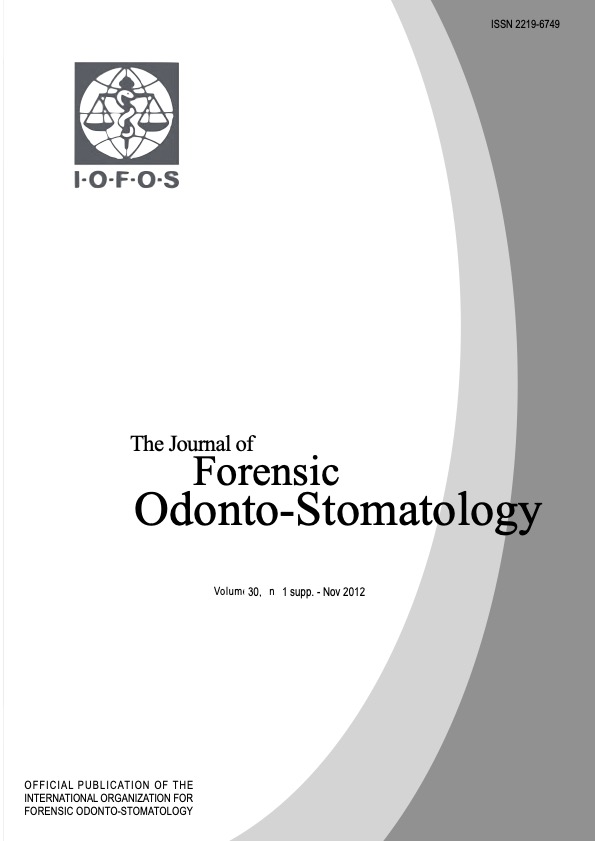Ethics in Age Estimation of Unaccompanied Minors
Abstract
Children absconding from countries of conflict and war are often not able to document their age. When an age is given, it is frequently untraceable or poorly documented and therefore questioned by immigration authorities. Consequently many countries perform age estimations on these children. Provision of ethical practice during the age estimation investigation of unaccompanied minors is considered from different angles: (1) The UN convention on children’s rights, formulating specific rights, protection, support, healthcare and education for unaccompanied minors. (2) Since most age estimation investigations are based on medical examination, the four basic principles of biomedical ethics, namely autonomy, beneficence, non-malevolence, justice. (3) The use of medicine for non treatment purposes. (4) How age estimates with highest accuracy in age prediction can be obtained. Ethical practice in age estimation of unaccompanied minors is achieved when different but related aspects are searched, evaluated, weighted in importance and subsequently combined. However this is not always feasible and unanswered questions remain

